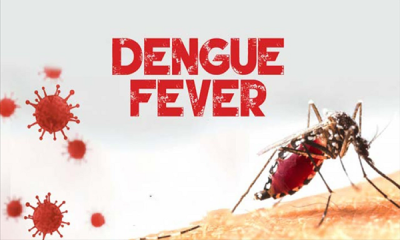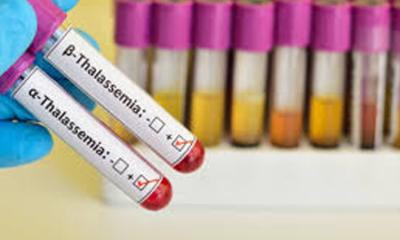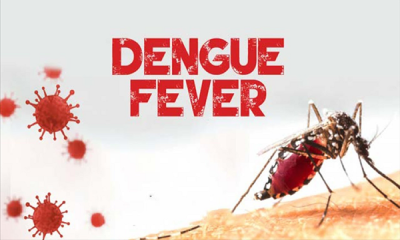For those who remember drinking warm milk before bed as a child, or who have heard of the “sleepy girl mocktail” trend on social media, the search for the perfect food or drink to help you sleep isn’t new.
But experts say the science behind how food affects sleep is still in the early stages.
Though there is no one magic food or drink that guarantees a perfect night’s sleep, what we eat during the day plays an important role in how well we sleep at night.
Foods That May Help You Sleep
According to Marie-Pierre St-Onge, an associate professor of nutritional medicine at Columbia University, some studies have found links between certain foods and better sleep.
For instance, she explains that drinking two servings of tart cherry juice every day — one in the morning and another in the evening — helped adults sleep longer and wake up less during the night compared to when they consumed a placebo.
Other studies have also shown positive effects on sleep from eating specific foods.
For example, eating about nine ounces of raw beefsteak tomatoes two hours before bedtime, two kiwi fruits one hour before bedtime, and about one-third cup of walnuts throughout the day appeared to improve sleep quality.
However, some of these studies were funded by industry groups, so there could be bias in the results.
Plus, most of the studies were conducted on small groups of people with particular characteristics, such as 15 elite athletes, eight older adults dealing with insomnia, or 36 postmenopausal women with obesity.
This means that the results might not be the same for larger, more diverse groups of people.
In addition, some studies didn’t use placebos, raising questions about whether the foods themselves were really responsible for better sleep, or if the improvement came from the participants` expectations that the foods would help, said Michael Grandner, the director of the sleep and health research program at the University of Arizona.
Nevertheless, there are reasons why certain foods might promote sleep. Dr. Grandner explained that tart cherries, kiwi, tomatoes, and walnuts contain melatonin, a hormone that signals to the brain that it’s time to sleep.
Other foods like rice, oats, cranberries, sunflower seeds, almonds, pistachios, and some mushrooms might help too, although research has not fully explored their effects on sleep, said Dr. St-Onge.
Additionally, your body uses an amino acid called tryptophan to create melatonin.
Dr. St-Onge pointed out that while turkey is widely known for being high in tryptophan, other foods like chicken, fish, cheese, sunflower seeds, tofu, and white beans also contain plenty of it.
Though there isn`t much research about whether these foods can improve sleep, small studies on tryptophan supplements and fortified cereals suggest they might be beneficial.
Rather than focusing on a single food, it might be more helpful to think about your overall diet.
Studies comparing eating and sleep habits across the world show that people who eat more fruits and vegetables, fiber-rich carbs, and healthy fats (from sources like salmon, olive oil, and nuts) tend to sleep better.
In fact, Arman Arab, a research fellow at Brigham and Women’s Hospital in Boston, led a meta-analysis that found a connection between Mediterranean-style diets and lower rates of insomnia.
Mediterranean diets, which emphasize fruits, vegetables, whole grains, and other plant-based foods, are rich in antioxidants and compounds that reduce inflammation — something known to disrupt sleep, according to Erica C. Jansen, a nutritional epidemiologist at the University of Michigan School of Public Health.
What Might Hurt Your Sleep?
On the flip side, research suggests that people who eat less healthily, consuming a lot of processed foods, refined carbs, or added sugars, are more likely to experience insomnia symptoms.
Dr. St-Onge`s 2016 study found an association between eating more saturated fats and sugars and experiencing poor sleep quality.
But why might this be? It’s possible that these types of foods trigger inflammation that disrupts sleep, or perhaps eating them means we miss out on foods that help us sleep better.
What’s more, people who don’t sleep well often crave and eat unhealthy foods, creating a cycle of poor sleep leading to poor diet, which in turn feeds back into poor sleep, explained Dr. Jansen.
Certain foods are best avoided close to bedtime.
Spicy or high-fat foods can cause heartburn, which may interfere with sleep, said Dr. Grandner. Salty foods can also make you thirsty, leading to more trips to the bathroom during the night, noted Dr. St-Onge.
It’s also worth watching your caffeine intake. As you get older, your ability to process caffeine can decrease, so if you’re having trouble sleeping, Dr. St-Onge recommends having most of your caffeine earlier in the day — ideally before 2 p.m.
Key Takeaways
If you’re struggling with sleep, a diet rich in fruits, vegetables, healthy fats, and melatonin-boosting foods like tart cherries or kiwi might help.
Avoiding processed foods, caffeine late in the day, and spicy or fatty foods before bed can also make a difference in getting a better night’s rest.
The science is still developing, but it’s clear that your diet plays a significant role in your sleep quality.


-20250203131228.jpg)

-20260106082251.webp)

-20251231101531.webp)











-20260301064029.webp)





-20260228080513.webp)





-20260224075258.webp)






-20260225072312.webp)
